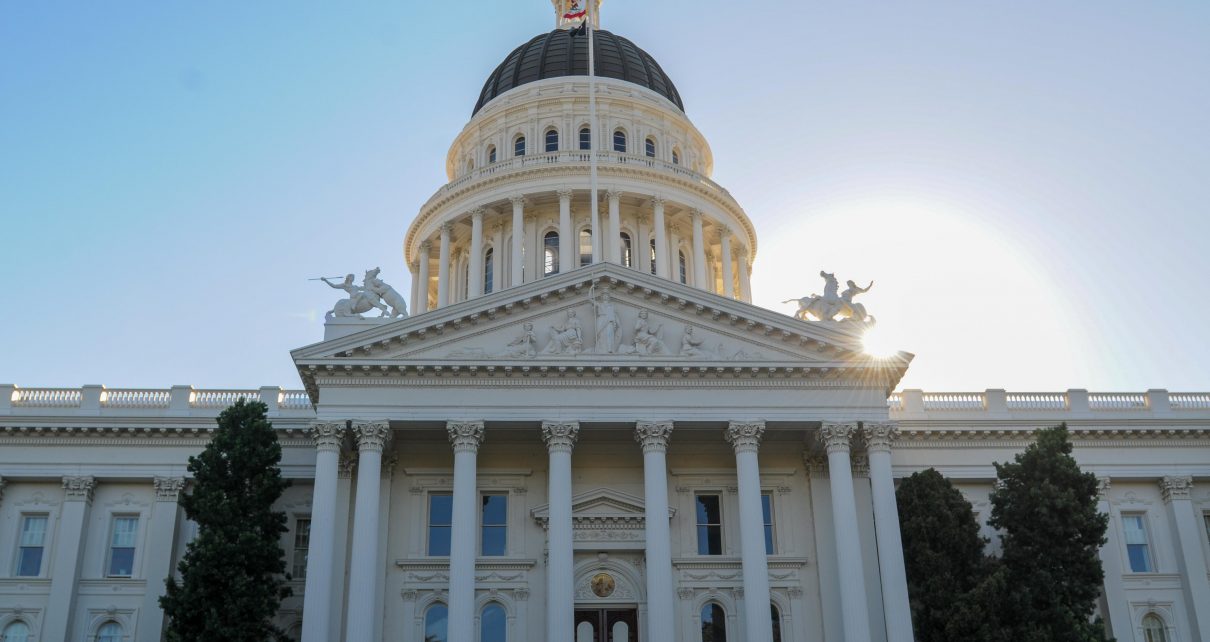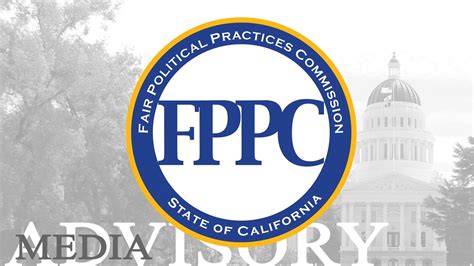
California State Capitol. (Photo: Kevin Sanders for California Globe)
When Does the 1-Year ‘Revolving Door’ Ban Begin and End for Those Leaving Government Service?
The ‘revolving door’ between the public and private sectors
By Chris Micheli, January 6, 2022 4:18 pm
There are rules for those leaving government service, which we refer to as the “revolving door” between the public and private sectors. Article IV, Section 5(e) of the California Constitution provides that “the Legislature shall enact laws that prohibit a Member of the Legislature whose term of office commences on or after December 3, 1990, from lobbying, for compensation, as governed by the Political Reform Act of 1974, before the Legislature for 12 months after leaving office.”
California Government Code Title 9, Chapter 7, Article 4 concerns the disqualification of former officers and employees, beginning with Government Code Section 87406(a), which is known as the “the Milton Marks Postgovernment Employment Restrictions Act of 1990.” The Act applies to private sector work engaged in by former legislators.
These provisions of the Government Code are found in the Political Reform Act of 1974, which places restrictions upon legislators and other public officials when they leave government service. Basically, after leaving the Legislature, a former member of the State Senate or State Assembly has a one-year ban on certain activities. However, this one-year ban on legislators is extended if he or she resigns from office before the expiration of his or her term.
This additional extension of the 1-year ban was enacted in AB 1620 (Dababneh), Chapter 800, Statutes of 2017. According to the Senate Elections & Constitutional Amendments Committee analysis of AB 1620, “the length of the term would be extended based on when, during the two-year session, the elected official decides to resign early. This is intended to discourage elected officials from leaving mid-term by lengthening the time before they can participate in certain types of influential communications/activities.”
According to the Fair Political Practices Commission, the post-employment activities of a former state legislator are restricted in that the former legislator cannot, for one year, be paid to communicate with their former colleagues in the Legislature in an attempt to influence certain actions or proceedings. “Additionally, beginning January 1, 2018, the one-year ban applies to a Member of the Legislature who resigns from office, beginning with the date of resignation and ending one year after the end of the session in which the resignation occurred. (Section 87406; Regulations 18746.1 and 18746.2.)”
The general rule is found in Government Code Section 87406(b)(1), which provides that “a Member of the Legislature, for a period of one year after leaving office, shall not, for compensation, act as agent or attorney for, or otherwise represent, any other person by making any formal or informal appearance, or by making any oral or written communication, before the Legislature, any committee or subcommittee thereof, any present Member of the Legislature, or any officer or employee thereof, if the appearance or communication is made for the purpose of influencing legislative action.” This is the one-year prohibition, which begins when a legislator’s term in office ends (November 30 of the even-numbered year).
However, Government Code Section 87406(b)(2) provides a different rule for legislators who leave office before their term officially ends. This section specifies that “a Member of the Legislature who resigns from office, for a period commencing with the effective date of the resignation and concluding one year after the adjournment sine die of the session in which the resignation occurred, shall not, for compensation, act as agent or attorney for, or otherwise represent, any other person by making any formal or informal appearance, or by making any oral or written communication, before the Legislature, any committee or subcommittee thereof, any present Member of the Legislature, or any officer or employee thereof, if the appearance or communication is made for the purpose of influencing legislative action.”
- Is There a Funding Requirement for Prop. 36? - February 7, 2026
- Definitions for Enforcement of Judgments - February 7, 2026
- Verdicts in Jury Trials - February 6, 2026





Meanwhile Democrat Assemblywoman Lorena Gonzalez from San Diego announced her resignation from the Assembly on Monday to become the next leader of the California Labor Federation, one of the largest and most influential union groups in California, later this year. It does not appear that California’s Constitution applies to California’s Democrat cabal? She’s a prime example of someone with zero ethics?